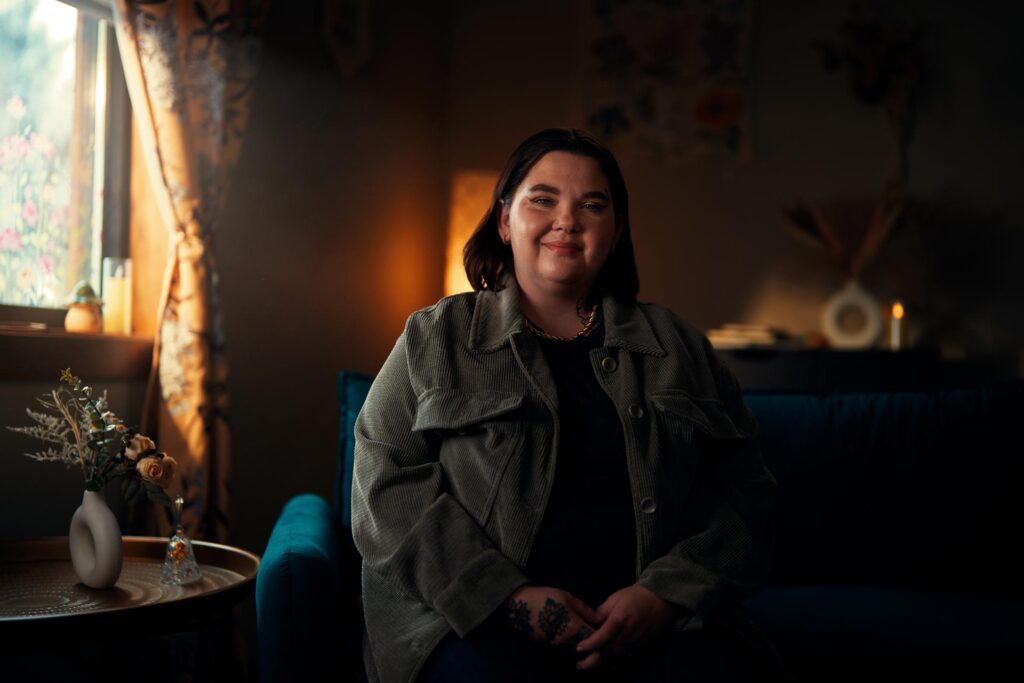The first step in aiding those with substance use disorder (SUD) is to understand the medications available to sustain recovery and prevent overdose.
Medications for opioid use disorder (MOUD) refers to a few different medications that treat opioid use disorder (OUD) by reducing the effects of withdrawal and eliminating cravings. While these medications primarily apply to opioid use disorder, there are some available for alcohol use disorder, and research is being done to develop and test medications for other types of substance use disorder.
With three million US citizens and 16 million individuals worldwide struggling with an opioid use disorder, it’s essential we create an environment of care and education. Medication alone has proven to be successful in OUD treatment but, when coupled with counseling and behavioral therapies it helps create a “whole-patient” approach, which provides additional support.
MOUD Has Been Shown to be Highly Effective
There are several different medications to treat alcohol use disorder (AUD) and opioid use disorder (OUD), with the aim of relieving the withdrawal symptoms and cravings so that the person can focus on their treatment and healing.
This treatment approach has been shown to:
- Reduce the risk of overdose
- Increase treatment retention
- Reduce criminal activity
- Increase patients’ ability to participate in society as a whole, such as reconnect with their families, gain and maintain employment, have healthy relationships, etc.
- Improve birth outcomes among women who have a substance use disorder and are pregnant
What Are the Medications for Treating Opioid Use Disorder?
There are three FDA-approved medications for opioid use disorder (MOUD). The medications used to treat opioid use disorder are buprenorphine, methadone, and naltrexone. Patients work with their healthcare provider to determine the best medication for their specific situation.
- Buprenorphine partially binds with the opioid receptors in the brain without completely activating them. Buprenorphine can be prescribed by any licensed prescribing medical professional in Colorado, and comes in several different forms.
- Naltrexone fully blocks opioid receptors in the brain, but is not an opioid itself. Naltrexone can be prescribed by any licensed prescribing medical professional in Colorado, and comes in several different forms. Naltrexone can also be used to treat alcohol use disorder.
- Methadone fully binds to the opioid receptors in the brain to reduce withdrawals and cravings. It can only be administered at a specific, licensed facility known as an Opioid Treatment Program (OTP). You can visit OwnPath.co to find an OTP near you.
Each of these is used to treat opioid use disorder related to substances such as heroin, fentanyl, and prescription medications like codeine, oxycodone, and hydrocodone. MOUD are safe to use for months, years, and even up to a lifetime. There is no hard and fast rule for the length of time someone may take medication, and it’s different for everyone. The care that someone receives for MOUD is an ongoing conversation with their healthcare provider to determine what is the best care for them.
Choosing a Medication For You
So how do you find the right medication for you? There isn’t an equation for picking the perfect medication. Rather, it’s about communication. The first step is speaking to your doctor or a treatment provider about your needs regarding treatment for an opioid use disorder. Find treatment providers at OwnPath.co.
Treatment is best approached with an open mind, and the empowerment to share what you’re going through with your treatment provider, without shame. Advocating for yourself is essential, and if you don’t feel comfortable speaking with your doctor or navigating the process alone, bring along a friend or family member who can help you navigate your care.
Tell your treatment provider your goals, what you feel comfortable with, and any questions or concerns you may have. Once you’re prescribed medication, keep communication open with your treatment provider. If a medication isn’t feeling right or like it’s working for you, you can ask them to make adjustments to your current medication or to try another medication.
Reassure yourself that it might not go perfectly the first time around. Don’t lose hope. The journey to recovery is challenging, but with open communication, you can tailor your recovery process to meet your needs and feel reassured in your choices.



